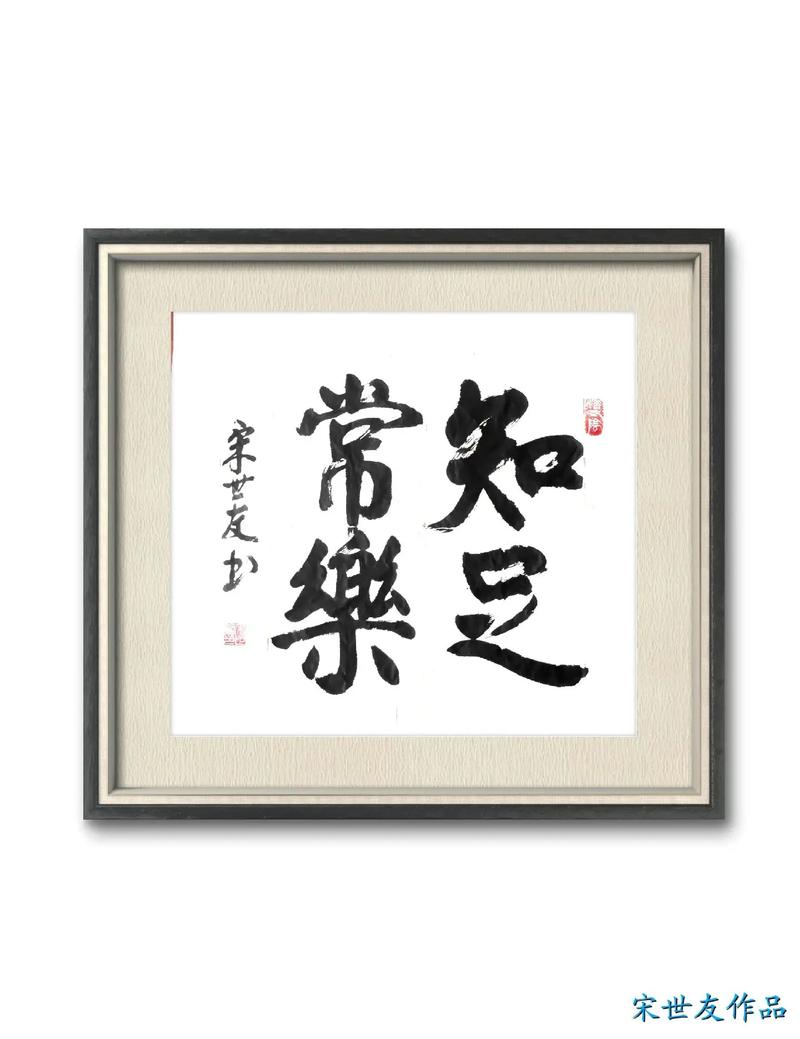
知足常乐,珍惜自己所拥有
Learn to Treasure What You Have Got
The biggest weakness of human nature is that they don't know how to treasure what has been achieved. This is exactly the reason why we always think that "the grass is greener on the other side of the fence", and also the explanation to most of the betrayals and regrets in life. We won't be conscious of how important something is until the moment we lose it.
The fatal shortcoming is reflected in our childhood. A kid may easily get fond of other kids' toys and begin to treat his own ones like garbage. A little girl may burst into tears when another kid takes one of her dolls away, even if she does not like this doll at all before the robbery. As grown ups, we still can't stop scrambling for dolls. Sarcastically, it's uncertain whether they are really that priceless to us or not.
The Bible has never failed to teach people to learn the true meaning of treasure and gratitude. But it seems that few of us are good students. Sometimes we suddenly realize what we have is precious, but the satisfaction will not last for long. We forget about it the next day, and begin our greedy, endless hunt again for what we haven't got yet.
Maybe it's hard to change human nature. So the only thing we can do is to remind ourselves to be grateful again and again,and learn lessons from bitter regrets time after time. A grateful mood is difficult to keep for we are too forgetful to the pains we have suffered, but as long as we can feel the gratitude, we will begin to relish our life.
An easily satisfied person is always the one who is easy to be happy. We all know the following story.
A vagrant is lying on the bench, enjoying the sunshine. A millionaire comes to ask him, "Why don't you go to work and make some money?" "Why should I?" "Then you can come back and enjoy the sunshine more comfortably!" But the vagrant answers, "Now I am comfortable enough, so it's not necessary to go to work at all." The interesting story just wants to show us that the "well being" standard of your life is determined by your attitude. Anyway, enjoying your own beautiful green grass with gratitude is far more satisfying than envying your neighbor's.
简 评
人们都说“知足常乐”。可又有多少人珍惜自己所拥有的东西,不羡摹别人呢?作者开篇就点明了这个道理,然后分别就儿童喜新厌旧的心理,以及成人贪婪、健忘的本性展开了一番论述,最后用一个有趣的故事说明一个人幸福的标准是由自己的态度决定的,从而进一步论证了本文的观点。
本篇议论文论点鲜明、结构紧凑、语言流畅、发人深省。作者观察细致,感受深刻,分析透彻,足见他是位热爱思考的有心人。语言上略有不妥之处,虽无大碍,但有改进的余地,以求更加纯熟、地道。
(点评教师:时丽娜)

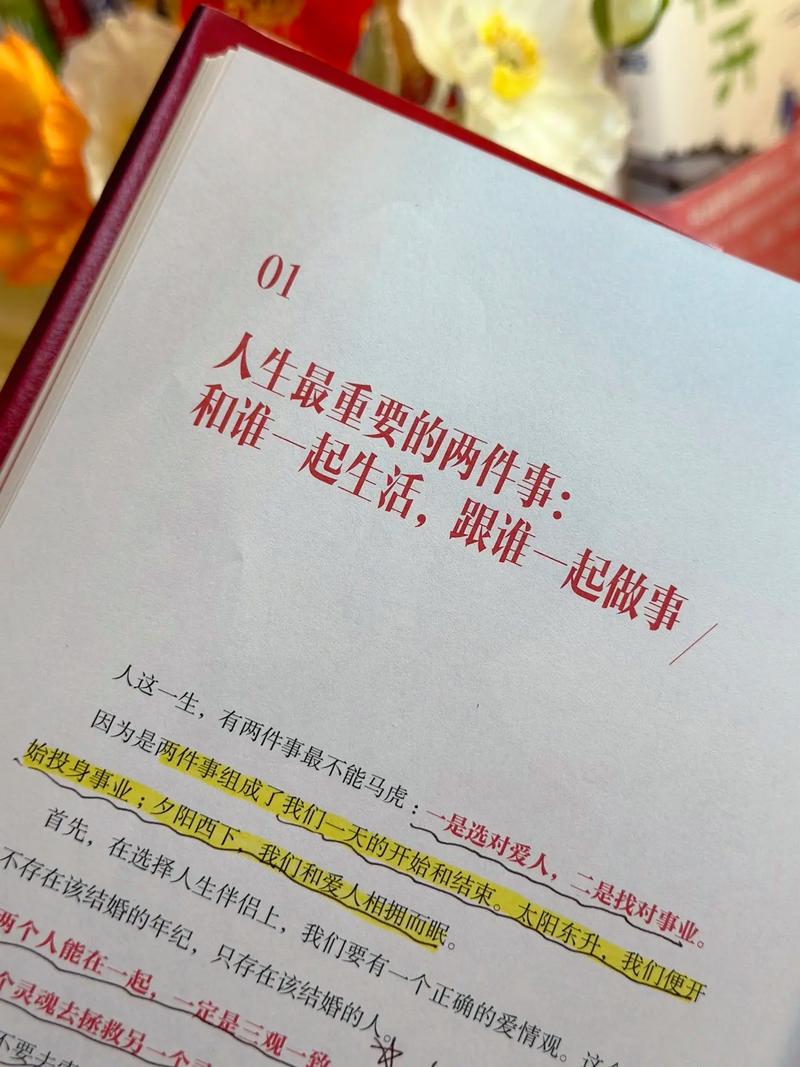
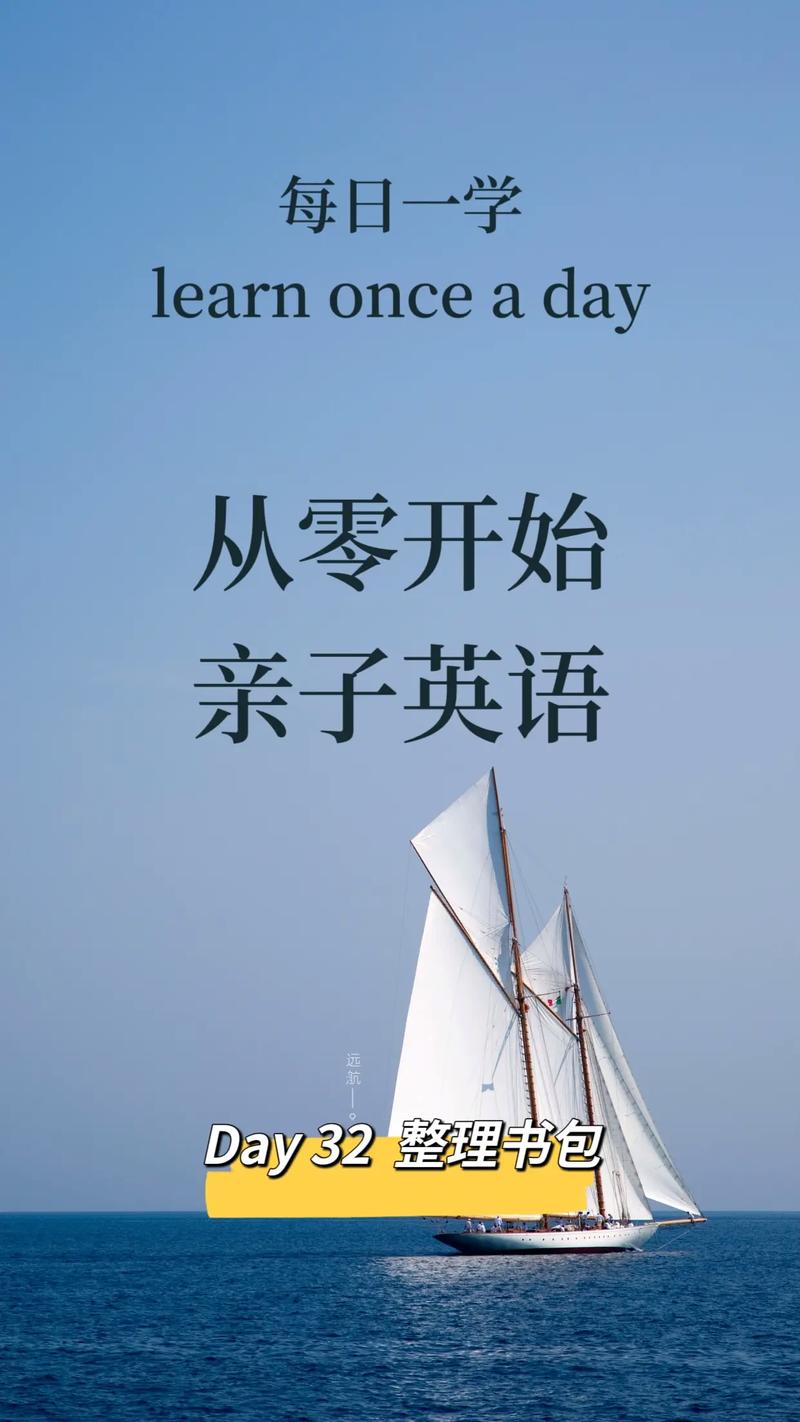

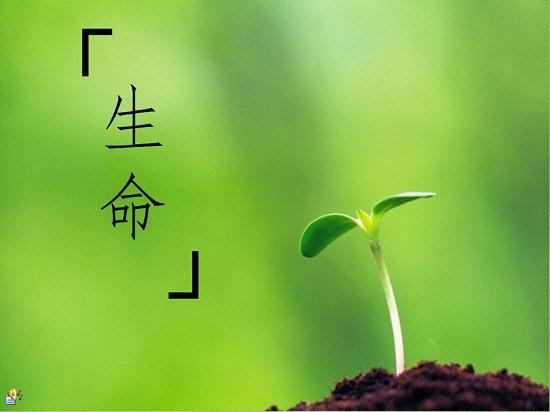
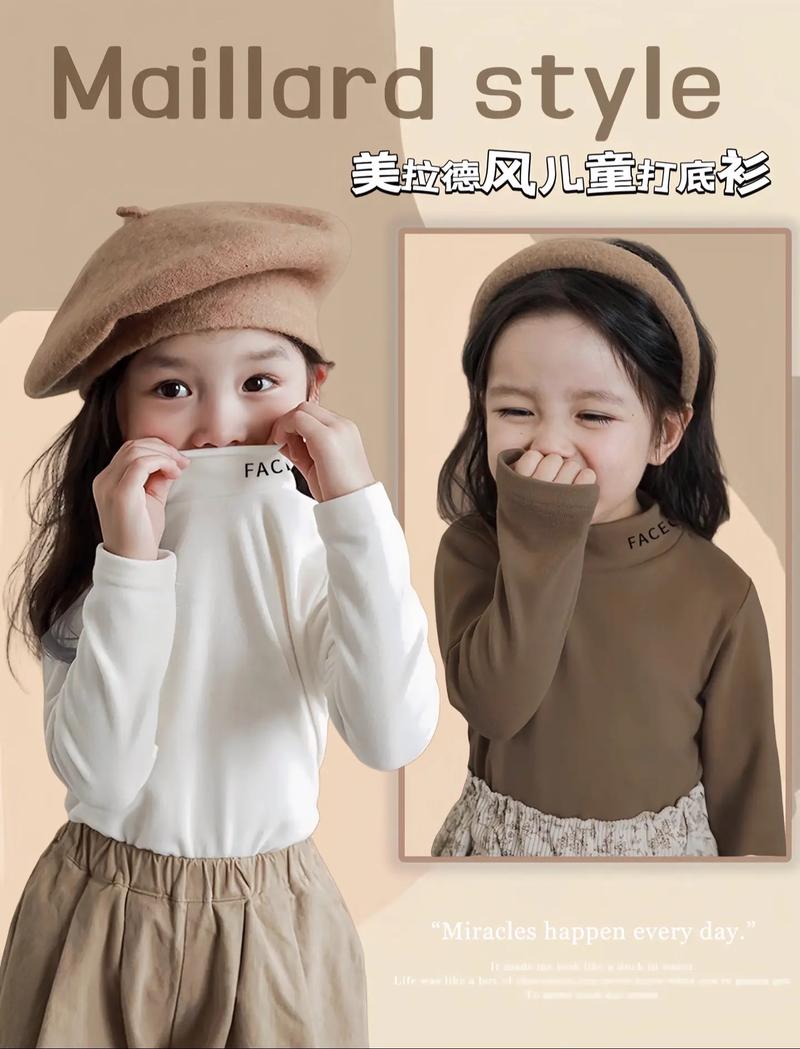



 扫一扫支付
扫一扫支付


